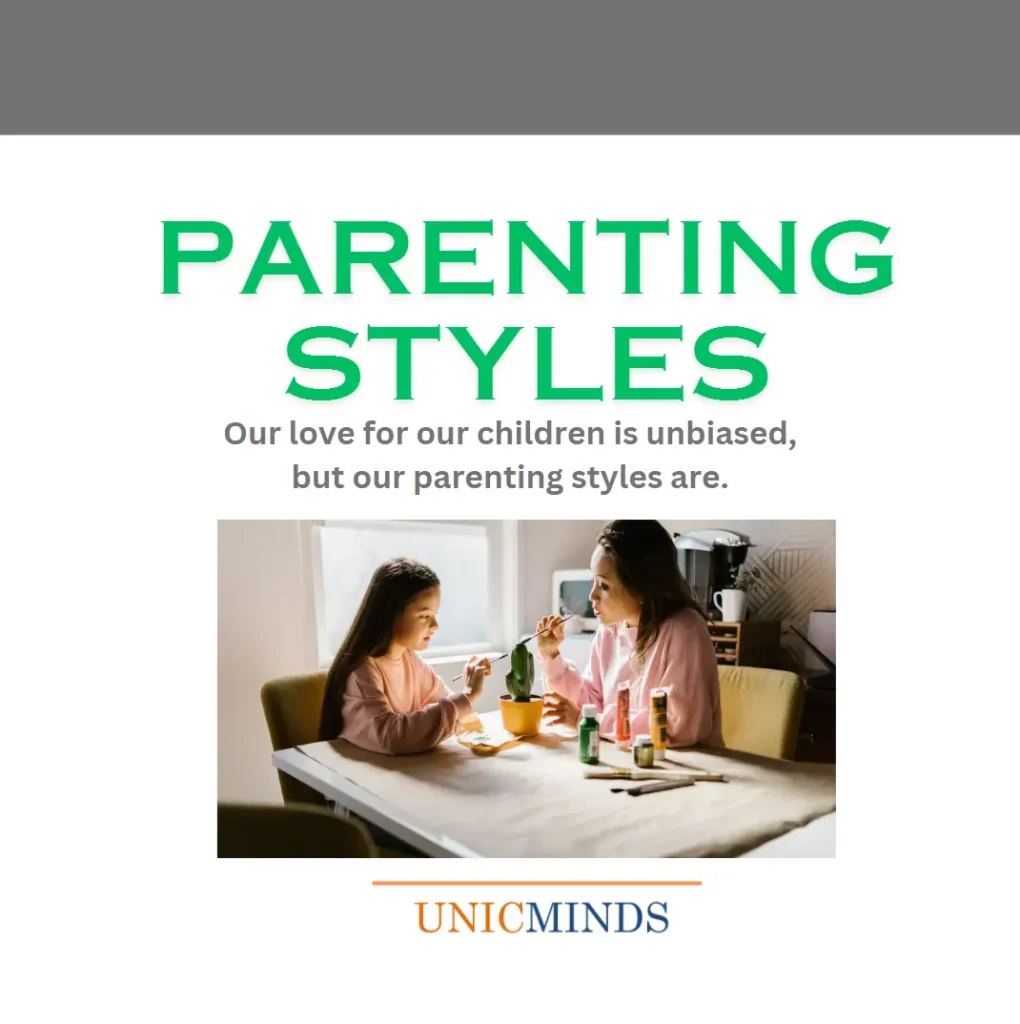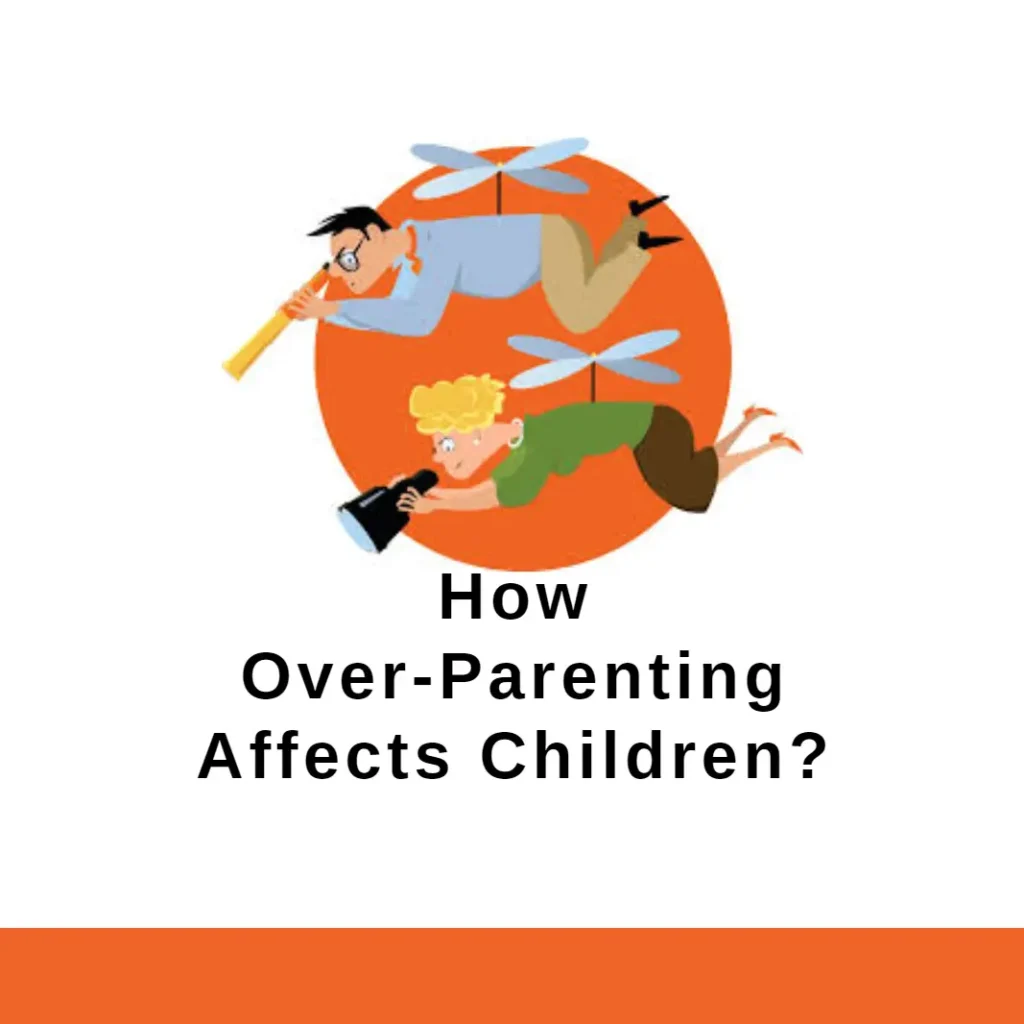As parents, we love our children and we always want the best for our children. And, we all work towards doing our best for our children. However, this trap of doing our best also causes us to think that we’re always doing our best in parenting, which need not be true. Like anything in life, the desire to do something doesn’t mean the execution is also going to be perfect. It is easy to imagine that your execution is perfect in your own mind, but the reality could be different. Parenting is something that seems like everyone knows it because every parent loves their children, but it is important to see if that is the reality.
Diana Baumrind, a clinical psychologist, when observing various children became very curious about self-reliant children. A self-reliant child can manage tasks, make decisions under parent’s guardrails, and cope with challenges with minimal guidance. Baumrind became very curious to understand what are the parents of these self-reliant children doing that helped these children to become independent. A major callout here is self-reliance is not self-confidence; self-reliance is more broader than self-confidence. Self-reliant children grow up to have a strong sense of responsibility, ownership, and act with minimum dependency.
Baumrind thought that whatever the parents of self-reliant children are doing, if we can identify those influences and encourage more parents and children’s environmental structures to emphasize more on them, then it would be beneficial to us as a society. So, she studied what are the key parenting methods that influence a self-reliant child. Baumrind discovered that there are two factors that shine out loud – communication and standards. Baumrind discovered distinct parenting styles based on high/low level of communication and high/low level of standards.
Baumrind found that the parents of self-reliant children are high on communication and high on standards. These parents mostly don’t make the choice for the child, but rather guide them to make a choice. These parents expect their children to do well in schools and in socialization. Based on the levels of these two factors, Baumrind could come up with the main types of parenting – authoritative, authoritarian, permissive/indulgent, and uninvolved.
But, what about other styles of parenting? Some parents have a high level of communication but a low level of standard or vice-versa. This doesn’t mean that these parents are less loving, but it could mean that the effectiveness of their parenting may not be what they desire. These aspects provided direction for Baumrind’s research on parenting styles.
The authoritarian parenting style sets high standards but doesn’t communicate well enough. These parents use discipline and punishment on their own times and will, and hence it seems very arbitrary to the child. This can cause confusion and fear in children that they shouldn’t spell out anything that is not mentioned in rules. On the other hand, there is a parenting style which relies on high communication but doesn’t set high standards. A permissive parent listens to the child without guiding or judging. Many children of permissive parents are good in social communications but they often don’t set high standards for their achievements.
An example of parenting at work is as follows: All parents will tell their children to do their homework and then go to play. That’s not parenting yet. Parenting depends on what the parent does when the child protests to do the homework. When the child says “I will do it later” or “Do I have to do it now?”, a permissive parent will say “Okay, you do it later.” An authoritarian parent says something like “No complaints, rules are rules, I don’t want to listen to anything.” An authoritative parent says something like, “Do you have a right reason to not do the homework now?” If the child does have a good reason, then the parent will accept it. If the reason is not the right reason, then the parent tells the child that the right thing to do is to do your homework first.
A fourth type is when the parent is low on communication and low on standards. This is not a parenting style because a parent who is low on communication and low on standards is not following a style of parenting, rather the parent has not accepted the responsibility of parenting. These children face difficulty in their growing years in making decisions, taking ownership for their academic work, and doing the right things on their own.
According to a join study conducted in 2009 by Pennsylvania State University and University of Chicago, the statistics on parenting styles are as follows:
Are there other parenting styles?
Yes, there are many other styles of parenting such as Montessori parenting, Dolphin parenting, Helicopter parenting, Jellyfish parenting, and Bulldozer parenting.
- Montessori Parenting: Inspired from the Montessori educational approach, this parenting style respects the child’s psychological development the most. It develops a healthy independence in children and encourages self-discovery, hands-on learning, and a collaborative approach.
- Dolphin Parenting: This parenting style balances both authoritative and permissive styles. Like dolphins, these parents are playful and social but firm on their expectations guiding their children into critical-thinking and motivation.
- Helicopter Parenting: This style of parenting is characterized by high involvement and control in a child’s life. Helicopter parents are overly focused on their child’s problems and issues. They don’t let the child do things even on minor issues, they intervene excessively in every small decision for the child. This inhibits the child’s resilience to life’s problems.
- Jellyfish Parenting: This parenting style is marked by a lack of structure and discipline. These parents are permissive and non-confrontational, offering little guidance in boundaries. Children raised under this style of parenting often have difficulty in self-regulation and executive functioning of tasks.
- Bulldozer Parenting: Bulldozer parents aggressively push away any difficulties that their children might face. They are heavily involved and don’t want their children to face any problem, however minor it may be. This results in ill-equipped children to handle adversity and difficult situations.
We would like to re-emphasize that we all love our children unconditionally. However, we might not be aware of our parenting methods and these parenting methods can have a significant effect on their personality development into adulthood and beyond. Bad parenting can have significant effects even for families beyond the immediate family. So, it is important to be cognizant and to develop a balanced approach to parenting your kids.
Hope this is useful, thank you.
You may like to read: Best Home Tutors for Kids, How Kids Learn Through Play, and Intelligence vs. Attention.




